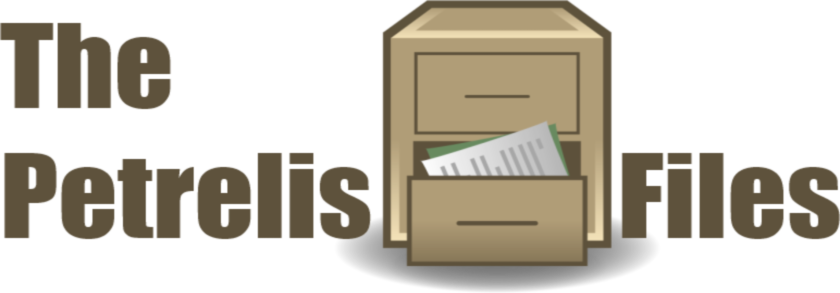US Govt: No Need for Gay HIV/AIDS Awareness Day
The federal government's Department of Health and Human Services, annually funds and organizes HIV/AIDS awareness days for groups hardest-hit by this health crisis. There are nine such days on the calendar right now, but one group is blatantly missing from the list -- gay and bisexual men.
I don't have a problem with the federal government devoting financial and staffing resources towards mobilizing community action and awareness among the affected groups that do have an awareness devoted just to their community on a single day. The days must have an impact on those communities, or the feds wouldn't wage such efforts.
But something is seriously wrong, in 2008, more than a quarter-century into the AIDS epidemic in America, when the largest sub-population impacted by HIV, gay men, aren't worth the trouble of a national awareness day of our own.
It's inconsistent, to put it mildly, not to mention bad health policy and potentially deadly, for HHS to call attention to the problems of HIV/AIDS in the communities that do warrant an awareness day, then to totally ignore the reasons why a gay HIV/AIDS awareness day is needed, including the latest stats the Centers for Disease Control and Prevention.
Look at what the CDC said over the weekend in it's big roll-out of new HIV stats:
Gay and Bisexual Men of All Races Are Most Severely Affected by HIVIf those aren't reason enough for HHS to undertake a gay awareness day, what will it take to change federal thinking?
Gay and bisexual men—referred to in CDC surveillance systems as men who have sex with men (MSM)1 —accounted for a significantly greater proportion of estimated new infections in 2006 than any other risk group (Figures 2 and 3).These findings underscore the need to expand access to HIV testing and other proven interventions, and to continue research to identify new interventions to address the evolving needs of diverse populations of gay and bisexual men in the United States. Many factors probably contribute to high risk of HIV among MSM, including the challenge of maintaining safer-sex behaviors, the assumption that one is HIV-negative, underestimates of personal risk factors, and stigma, which may prevent access to needed services and may lead to substance abuse
and depression . . .
Analysis by Transmission Category
Male-to-male sexual contact accounted for 53% (28,700) of estimated new HIV infections in 2006. CDC’s historical trend analysis indicates that HIV incidence has been increasing steadily among gay and bisexual men since the early 1990s, confirming a trend suggested by other data showing increases in risk behavior, sexually transmitted diseases (STDs), and HIV diagnoses in this population.
Why are there nine federally-funded and sponsored HIV awareness days, but the largest piece of the AIDS-affected pie, at 53% of all USA cases, the gay male community, not worth such a day? How can we gays put up with CDC and its local partners accusing us of being complacent about the HIV stats, when the they've not treated our awareness needs on the same level as those for black, Latinos, women, Caribbean-born and Native Americans?
This lack of an awareness day for gay may seem on the surface like a small symbolic problem, but I believe it one more damning and revealing example of how federal HIV prevention efforts still don't know how to address the prevention problems of self-identified gay men.
I'd sure like to hear from the gay men in positions of power at the CDC and HHS, such as Kevin Fenton, head of CDC's HIV/STD/TB programs who is black, and Richard Wolitski, temporary chief of the agency's HIV prevention efforts who is white, about why gay men don't rate an awareness day of our own from the federal government.
Here are the emblems, dates and links to more info on all of the federally-funded HIV/AIDS awareness days for the nation:
 FEBRUARY 7:
FEBRUARY 7:National Black HIV/AIDS Awareness Day
 MARCH 10:
MARCH 10:National Women & Girls HIV/AIDS Awareness Day
 MARCH 20:
MARCH 20:National Native HIV/AIDS Awareness Day
 MAY 18:
MAY 18:HIV Vaccine Awareness Day
 MAY 19:
MAY 19:National Asian & Pacific Islander HIV/AIDS Awareness Day
 JUNE 27:
JUNE 27:National HIV Testing Day
 OCTOBER 15:
OCTOBER 15:National Latino AIDS Awareness Day
 DECEMBER 1:
DECEMBER 1:World AIDS Day


No comments:
Post a Comment